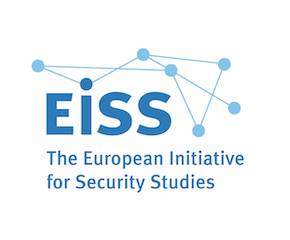Speaker
Description
To meet the pacing challenge of a rising China, the United States seeks to devote increased resources and attention to the Indo-Pacific. Some have argued that the United States can free up resources by withdrawing most or all of its troops from Europe. After a US drawdown, the European members of NATO would make up for the loss of US manpower and equipment, though the United States would still provide C4ISR and a nuclear umbrella to its European allies. We argue that the US contribution to its NATO allies is much broader than manpower, equipment, C4ISR, and nuclear deterrence—and maintaining this larger contribution requires US boots on the ground in Europe. The United States provides important contributions to NATO allies in four main areas, which we term LITC: logistics, intelligence/information technology, training, and coordination. LITC includes the US contribution to multinational logistics efforts to transport, supply, and sustain NATO allies’ troops in the event of a war; strategic intelligence and offensive and defensive cyber capabilities; training activities, exercises, and broader ways in which the United States shares knowledge within NATO; and US coordination of allied procurement, war plans, and alliance decision-making. We show how US contributions in these areas cannot be easily replicated by the European members of NATO. Furthermore, substantially reducing US troop presence in Europe saves little money yet reduces its ability to provide LITC. Finally, we evaluate US alliances in the Indo-Pacific and offer recommendations for improving LITC provision to improve integrated deterrence in the region.
| What discipline or branch of humanities or social sciences do you identify yourself with? | Political Science |
|---|---|
| If you are submitting an Open Panel proposal, have you included all four abstracts in attachment? | No, I am submitting a Closed Panel abstract |
| Are you a PhD student or early-career researcher? | No |

